Poems On Life
Sep 05, 2019 • 392 views
1. Tears, Idle tears - by Alfred Lord Tennyson
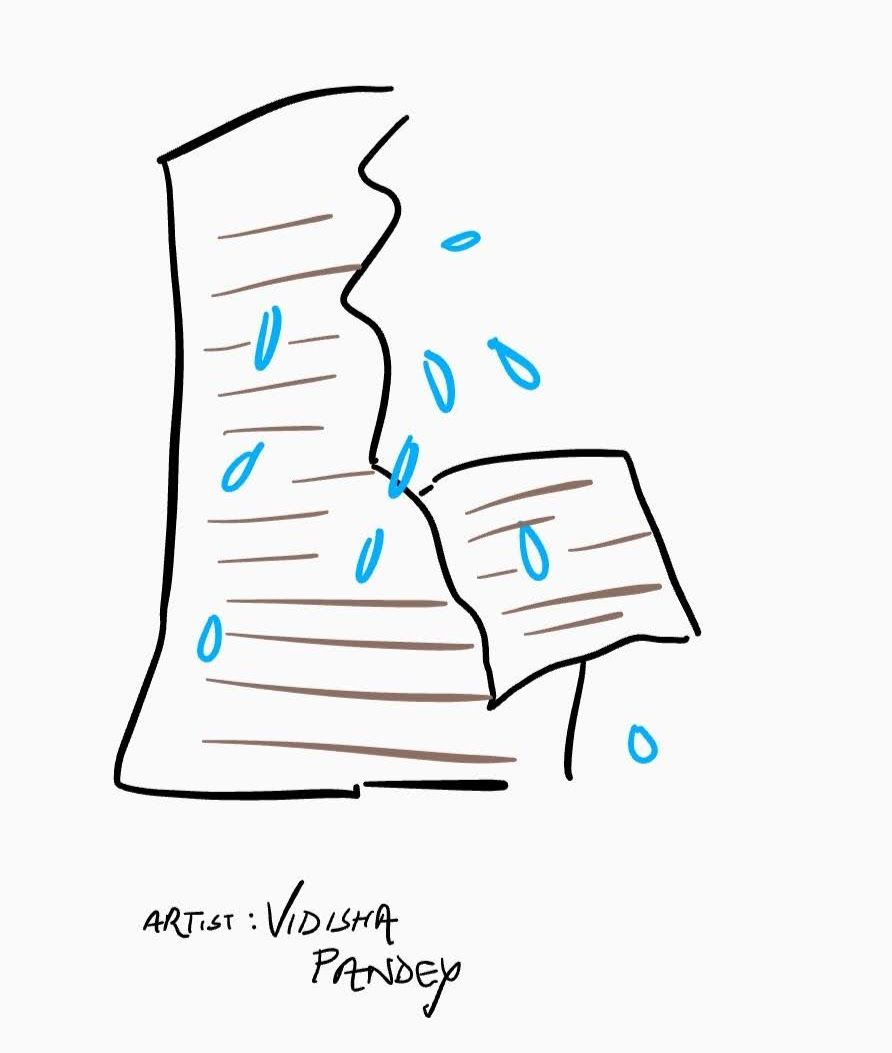
Tears, idle tears,
I know not what they mean,
Tears from the depth of some divine despair
Rise in the heart, and gather to the eyes,
In looking on the happy Autumn-fields,
And thinking of the days that are no more.
Fresh as the first beam glittering on a sail,
That brings our friends up from the underworld,
Sad as the last which reddens over one
That sinks with all we love below the verge;
So sad, so fresh, the days that are no more.
Ah, sad and strange as in dark summer dawns
The earliest pipe of half-awakened birds
To dying ears, when unto dying eyes
The casement slowly grows a glimmering square;
So sad, so strange, the days that are no more.
Dear as remembered kisses after death,
And sweet as those by hopeless fancy feigned
On lips that are for others; deep as love,
Deep as first love, and wild with all regret;
O Death in Life, the days that are no more!
Interpretation
This piece is about the author who is delving into his past and feeling a sense of nostalgia kicking in! It uses Imagery in the mention of Autumn fields and personifies them as happy beings. Tennyson also lets you transcend the irony in the fact that the "past is a death in life" in many instances throughout the poem when he says "the days that are no more."
2. What potions have I drunk of siren tears- Sonnet 119 - by William Shakespeare

Source: Weheartit.com
What potions have I drunk of Siren tears,
Distilled from limbecks foul as hell within,
Applying fears to hopes, and hopes to fears,
Still losing when I saw my self to win!
What wretched errors hath my heart committed,
Whilst it hath thought it self so bless and engraved never!
How have mine eyes out of their spheres been fitted
In the distraction of this madding fever!
O, benefit of ill, now I find true
That better is, by evil still made better;
And ruined love, when it is built anew,
Grows fairer than at first, more strong, far greater.
So I return rebuked to my content,
And gain by ills thrice more than I have spent.
Interpretation
The author seems to have been deceived by somebody who he had put faith in. He tries to recollect what errors he could've had made to suffer what he is suffering. He talks about how he had been blinded by the madding fever of love. In the later section, he consoles himself by thinking that this deceit will only make him stronger for future encounters.
3. He who is stricken by love - by Bulleh Shah
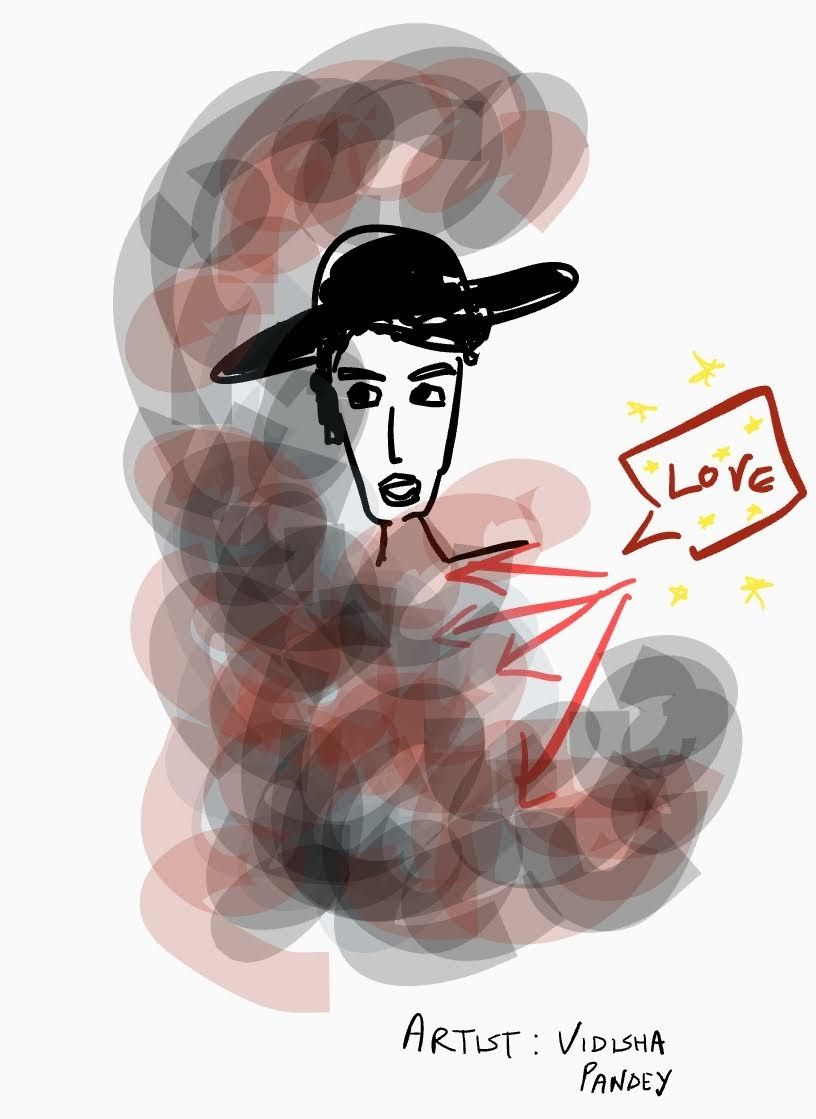
He who is stricken by Love
Sings and dances out of tune.
He who wears the garb of Love
Gets blessings from above.
Soon as he drinks from this cup
No questions and no answers remain.
He who is stricken by Love
Sings and dances out of tune.
He who has the Beloved in his heart,
He is fulfilled with his Love.
No need he has for formality,
He just enjoys his ecstasy.
He who is stricken by Love
Sings and dances out of tune.
Interpretation
This piece revolves around the feeling of being in love. Although the language used in it is more or less of a prose, it has a deep underlying philosophy. It talks about how a person in love becomes a merrier being. The poem also indirectly draws a line between desire and true love which is evident in the lines "no questions and no answers remain" and "no need he has for formality". It tries to teach the reader that love is all about a deep sense of understanding and fulfillment.
4. The Lockless Door - by Robert Frost
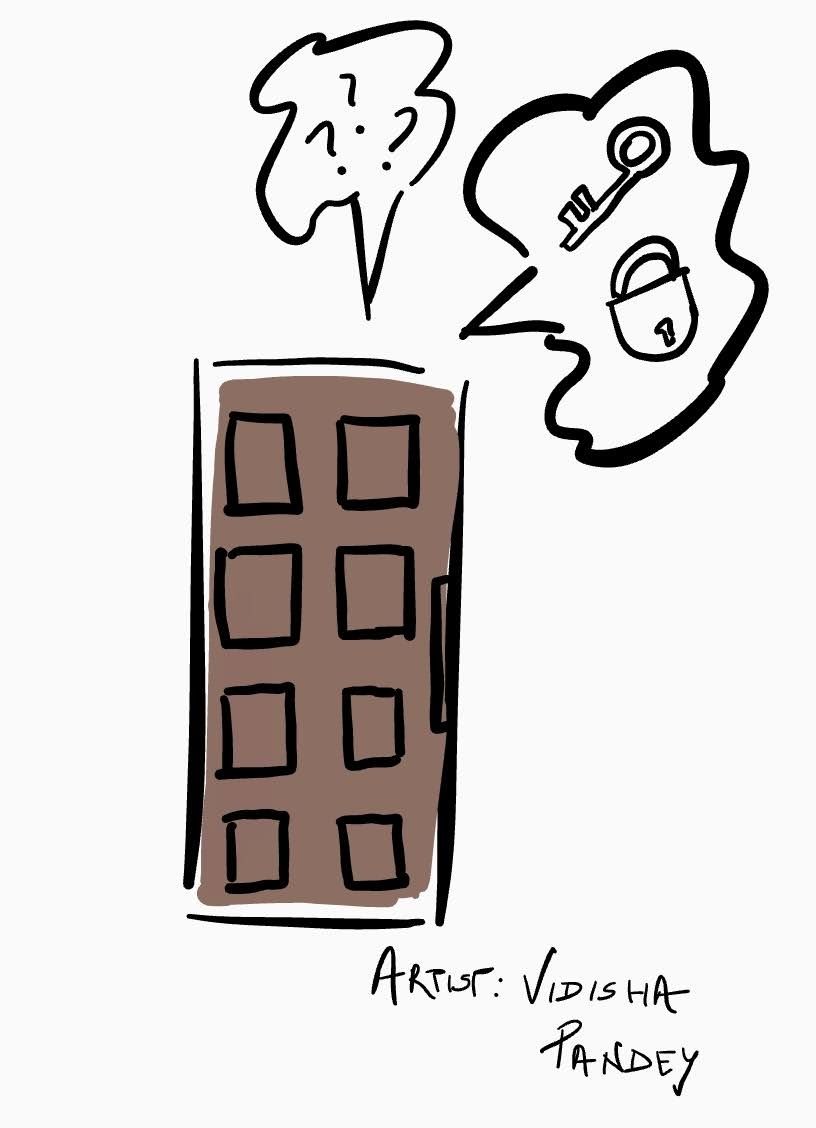
It went many years,
But at last came a knock,
And I thought of the door
With no lock to lock.
I blew out the light,
I tip-toed the floor,
And raised both hands
In prayer to the door.
But the knock came again
My window was wide;
I climbed on the sill
And descended outside.
Back over the sill
I bade a Come in
To whoever the knock
At the door may have been.
So at a knock
I emptied my cage
To hide in the world
And alter with age.
Interpretation
This poem metaphorically explains the phenomenon of "confrontation". It explains how a human being gets excited with the idea of it. The hint of fright in the speaker's mind explains it all. It explains how people like to hold on to their comfort zones. It talks about how the idea of facing the world and the various challenges that come with it, shake a person, even if that's for a moment.
5. A Prison Evening - by Faiz Ahmed Faiz
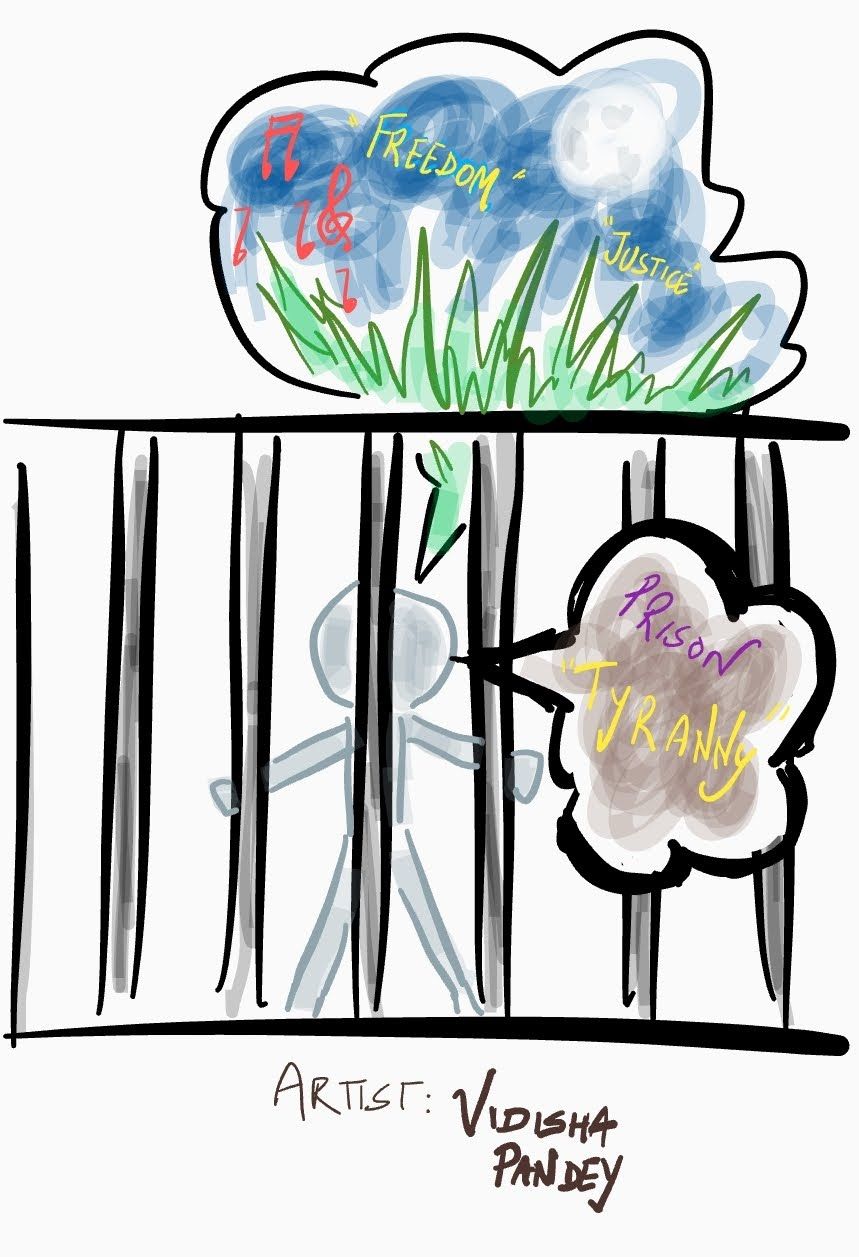
Each star a rung,
night comes down the spiral
staircase of the evening.
The breeze passes by so very close
as if someone just happened to speak of love.
In the courtyard,
the trees are absorbed refugees
embroidering maps of return on the sky.
On the roof,
the moon - lovingly, generously
-is turning the stars
into a dust of sheen.
From every corner, dark-green shadows,
in ripples, come towards me.
At any moment they may break over me,
like the waves of pain each time I remember
this separation from my lover.
This thought keeps consoling me:
though tyrants may command that lamps be smashed
in rooms where lovers are destined to meet,
they cannot snuff out the moon, so today,
nor tomorrow, no tyranny will succeed,
no poison of torture make me bitter,
if just one evening in prison
can be so strangely sweet
if just one moment anywhere on this earth.
Interpretation
In this poem, quite evidently, the speaker is prisoned under a tyranny. When the night comes and with it, the sheen of dust, the moonlight and the breeze- all these bring up a romantic feeling inside him. However, the dark shadows also instill a negative feeling and stir him up and bring him back to the realization of the separation from his loved ones.
Near the end of the poem, he brings up a sense of positivity and hope. He expresses how the power of nature will never fail to understand good intent. Ahmad Faiz brings light to the fact that the Moonlight will overrule the man-made darkness caused by the rebels of the tyranny and give light to the lovers as was planned before!
6. Tell me, is the Rose naked? - by Pablo Neruda
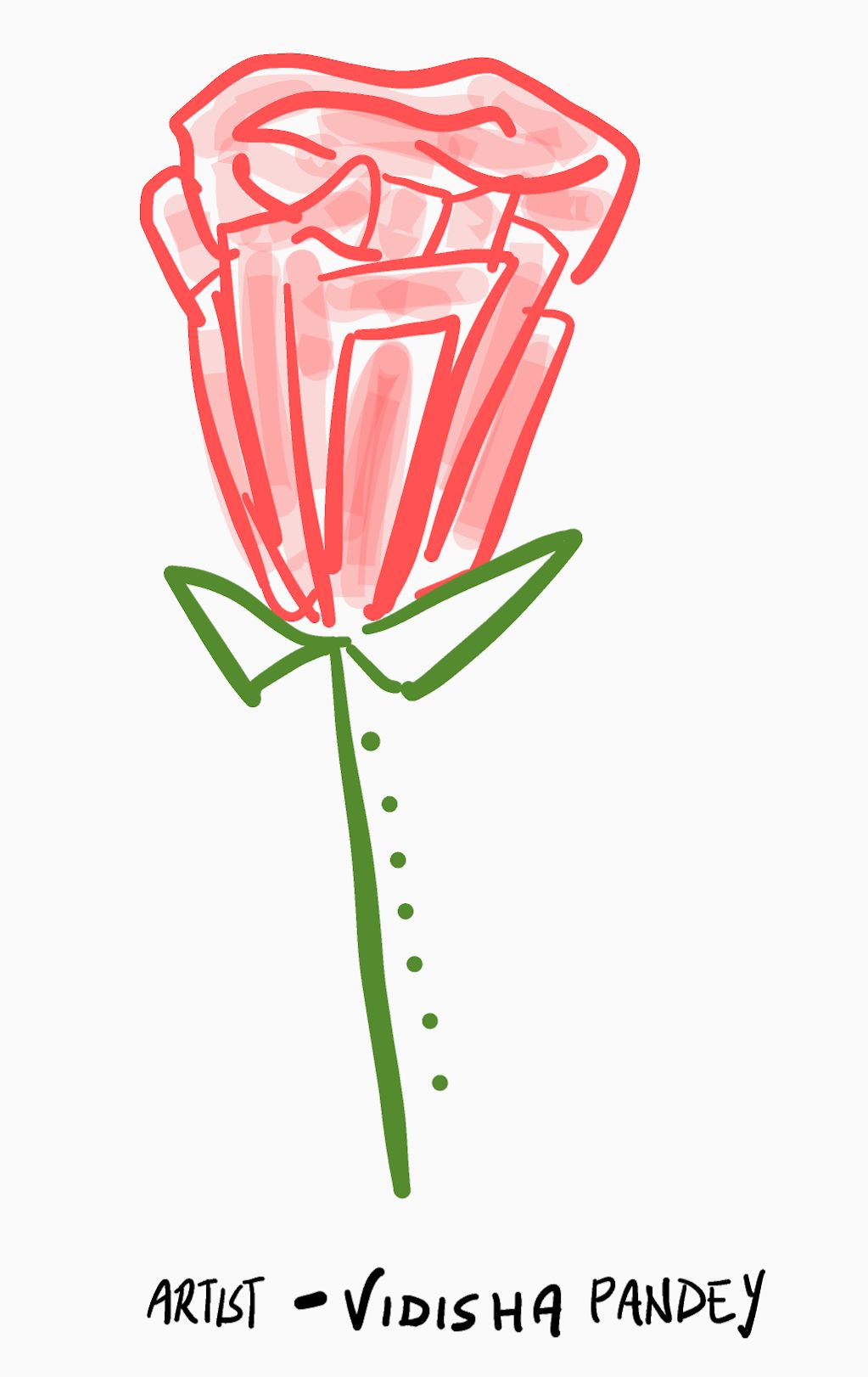
Tell me, is the rose naked
Or is that her only dress?
Why do trees conceal
The splendor of their roots?
Who hears the regrets
Of the thieving automobile?
Is there anything in the world sadder
Than a train standing in the rain?
Interpretation
I feel this poem simply questions the purity of objects of nature and the objects created by the humans. The fact that Pablo asks whether the Rose is Naked is a sarcastic assertion. He asks, whether the Rose is Naked? Does it need to stay Naked? And if it is so, why is it concealed by the trees?
It asserts how if a certain thing is beautiful in its purest form, in this context, its "nakedity"...why does the natural forces have a constant urge to conceal it?
Also, when the poet talks of the regrets of the thieving automobile...It actually questions and rather criticizes how the automobile has robbed the nature off its purity, in addition to what's already been happening!
7. Song of Myself - by Walt Whitman
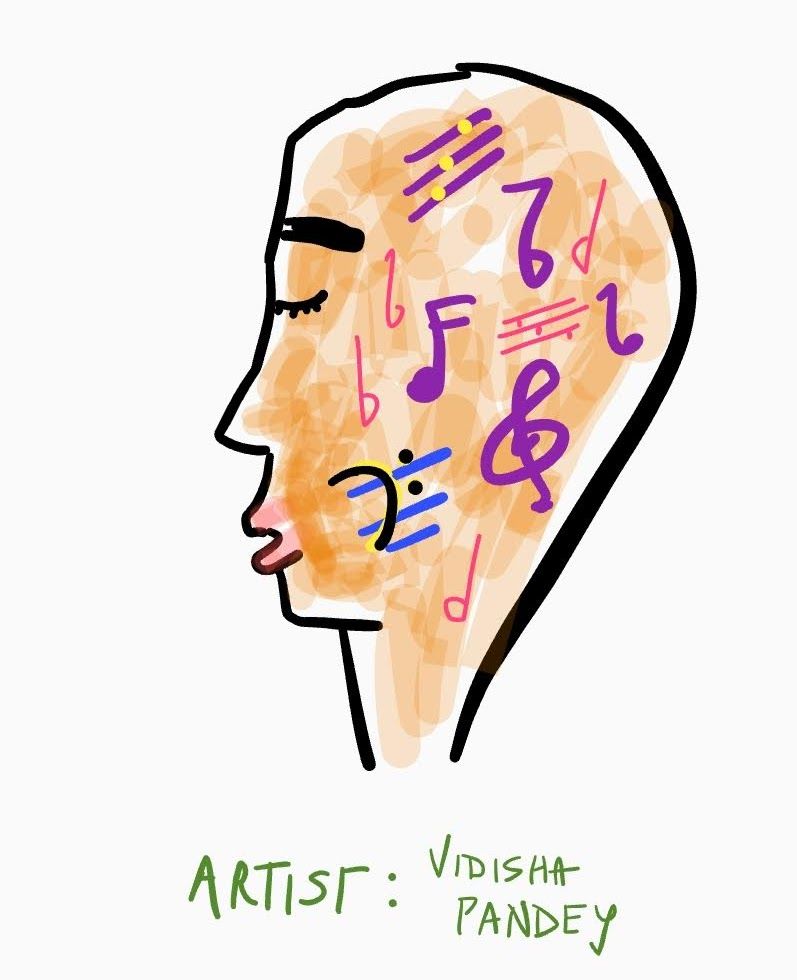
Trippers and askers surround me,
People I meet, the effect upon me of my early life or the ward and city I live in, or the nation,
The latest dates, discoveries, inventions, societies, authors old and new,
My dinner, dress, associates, looks, compliments, dues,
The real or fancied indifference of some man or woman I love,
The sickness of one of my folks or of myself, or ill-doing or loss or lack of money, or depressions or exaltations,
Battles, the horrors of fratricidal war, the fever of doubtful news, the fitful events;
These come to me days and nights and go from me again,
But they are not the Me myself.
Apart from the pulling and hauling stands what I am,
Stands amused, complacent, compassionating, idle, unitary,
Looks down, is erect, or bends an arm on an impalpable certain rest,
Looking with side-curved head curious what will come next,
Both in and out of the game and watching and wondering at it.
Backward I see in my own days where I sweated through fog with linguists and contenders,
I have no mockings or arguments, I witness and wait.
Interpretation
This poem tries to express a sense of conflict and an act of compliance, that troubles the narrator.
Through the various examples such as those of authors, inventions, societies, news, happenings, etc… the author asserts the influence of the above mentioned on his thoughts.
In the later half of the poem, he expresses how those influences have faded the originality of his being.
Near the end of the poetic piece, he simply announces that despite the conflicts he is facing and the idols that he has, he will just comply to these practices and witness them, until the right time comes. The right time when he can expect and hope for change.
8. Learn - by Ada Cambridge
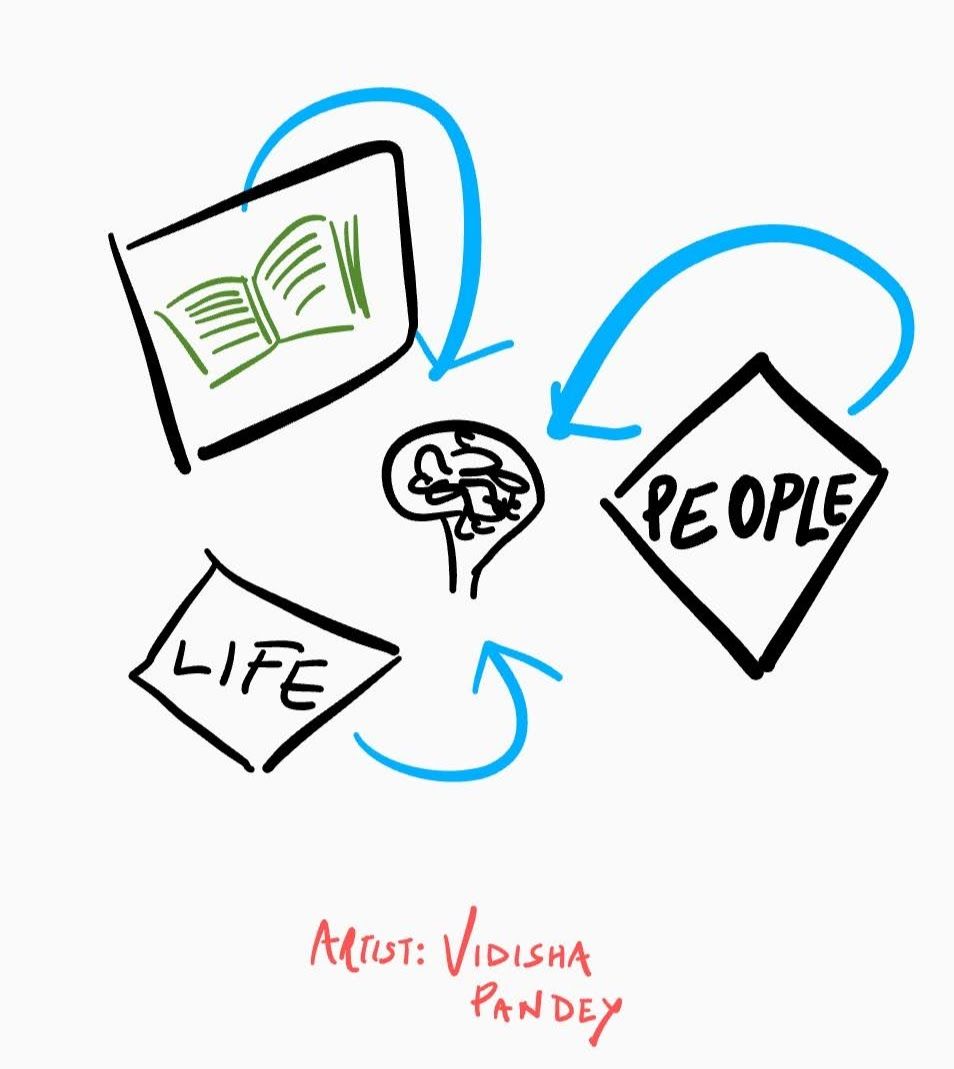
Learn, learn, learn,—
Our beautiful world is not a field for sheep;
Not just a place wherein to laugh and weep,
To eat and drink, to dance and sigh and sleep,
And then to moulder into senseless dust.
Learn, learn, learn,—
Look up and learn—you cannot look too high!
Not for the earthly wealth which brains can buy,
Not for the sake of gold and luxury—
Treasures corrupted by the moth and rust.
Learn, learn, learn,—
As one in whom the Lord has breathed His breath,
And aye redeemèd from the power of death—
Not as the dumb brute-beast that perisheth,
Not as a soulless, thoughtless, thankless clod.
Learn, learn, learn,—
With love and awe and patience—not in haste;
Drink deeply,—do not pass by with a taste;
O make your land a garden, not a waste!—
Your mind bright, to reflect the face of God.
Learn, learn, learn,—
The mystic beauty and the truth of life;
Search out the treasures whereof earth is rife,
Search on all sides, with pain and prayer and strife;
Search even into darkness. Do not fear.
Learn, learn, learn,—
With a true, steadfast heart, lay up your hoard;
God will sort out the treasures you have stored,
And set them in His bright light, afterward.
He will make all your difficulties clear.
Learn, learn, learn,—
Death is no breaking at a certain place;
We only pause there for a little space.
And then—you would not shame Him to His face?—
You, in His Image and own Likeness made!
Learn, learn, learn,—
Walk with wide-open eyes and reverent heart.
Worship as God the beautiful in art.
Though you see now but dimly, and in part,
All shall be clear in time. Be not afraid.
Interpretation
Cambridge conveys a message of conviction through this poem. He emphasizes the importance of learning for the process that it is and not for the by-products of the process.
It also explains the meaning of groundedness in the second stanza. It explains how a certain wealth cannot buy you the authority to hold your head higher than a common man should.
It weaves in a message of understanding the deeper truths and sensibilities of life. In the end, it motivates the reader to not be afraid of this process, it instills in the reader, the beauty of looking at things with their "eyes wide-open!"
Some more good poems on life that I read and would recommend to my readers..
Lost Innocence - by Michaela Remmel
Wind whistling,
Snow glistening,
We try not to,
But we're all listening.
Loud screams,
Bad dreams,
It's very far,
But close it seems.
Sad day,
Lost our way,
All we can do
Is simply pray.
Innocence gone,
Life no longer long.
We may not know,
But we're all doing wrong.
Joy lost,
The Holocaust.
We look to see
Hearts covered in frost.
Wars fought,
Sins taught,
Making mistakes,
Hoping not to be caught.
Not taking blame,
Pushing for fame.
As advanced as we are,
We're still all untamed.
Too much pride,
Needing a guide.
We will deny it,
But behind lies we hide.
Hurting others,
Betraying brothers.
Many forgetting
To appreciate mothers.
Lies are fed,
Filling heart and head.
Through all of these years,
Innocent blood has been shed.
Children abandoned,
Lonely and stranded.
We're all wasting the life
That we have been handed.
Taking from the poor,
We're loving no more.
Fight to be free,
End up starting a war.
People starting fights,
No longer enjoying the sights,
While mere mortals are taking
Our God given rights.
Soldiers killed,
Void can't be filled,
Pay close attention,
For pure souls have been tilled.
Need to find peace,
Work together like geese,
But greatest of all,
The hate needs to cease.
Purpose - by Anxhelo Llangozi
Don't be nervous when finding your purpose.
To simply be alive is just scratching the surface.
As life goes on, you will find out the truth.
Blissful ignorance is only for the youth.
As you get older, you start to wonder
Why am I here? Was it just a blunder?
Whatever your purpose, it is for you to choose,
Because wasting your time wondering is of no use.
Find Your Drive - by Emma J. Swain
Sometimes you just have to push yourself just to get out of bed.
You stay up 'til 2am just wishing you were dead.
You ask yourself, "Why can't it be someone else instead?"
You get tired of all the thoughts in your head.
You lose sight of who you want to be.
You blame yourself, screaming, "Why am I me?"
You wish you could just be free.
Open your eyes and you'll see
That life is what you make it, and sometimes it's hard.
We get battered and bruised, mistreated and scared.
We forget what's important.
We forget our drive.
We all need a focus point,
A reason to survive.
Find your passion.
Find your drive.
Find something that makes you fight,
And you will survive.
Death - by Laurence Dunbar
Storm and strife and stress,
Lost in a wilderness,
Groping to find a way,
Forth to the haunts of day
Sudden a vista peeps,
Out of the tangled deeps,
Only a point--the ray
But at the end is day.
Dark is the dawn and chill,
Daylight is on the hill,
Night is the flitting breath,
Day rides the hills of death.
Life - by Laurence Dunbar
A Crust of bread and a corner to sleep in,
A minute to smile and an hour to weep in,
A pint of joy to a peck of trouble,
And never a laugh but the moans come double;
And that is life!
A crust and a corner that love makes precious,
With a smile to warm and the tears to refresh us;
And joy seems sweeter when cares come after,
And a moan is the finest of foils for laughter;
And that is life!
Blog Banner Courtesy: Own
